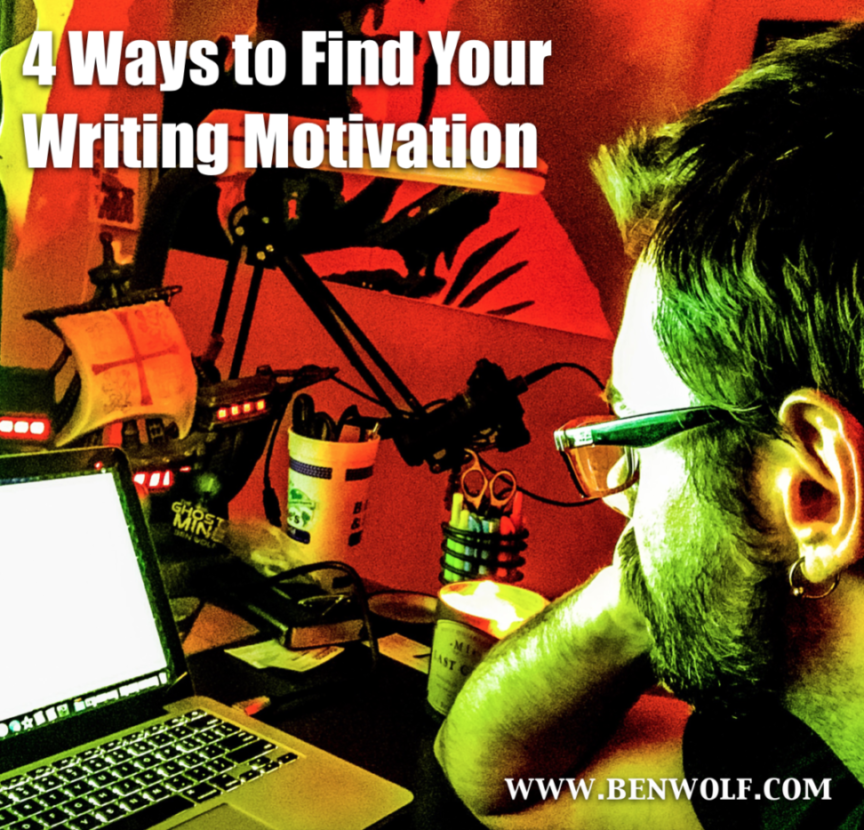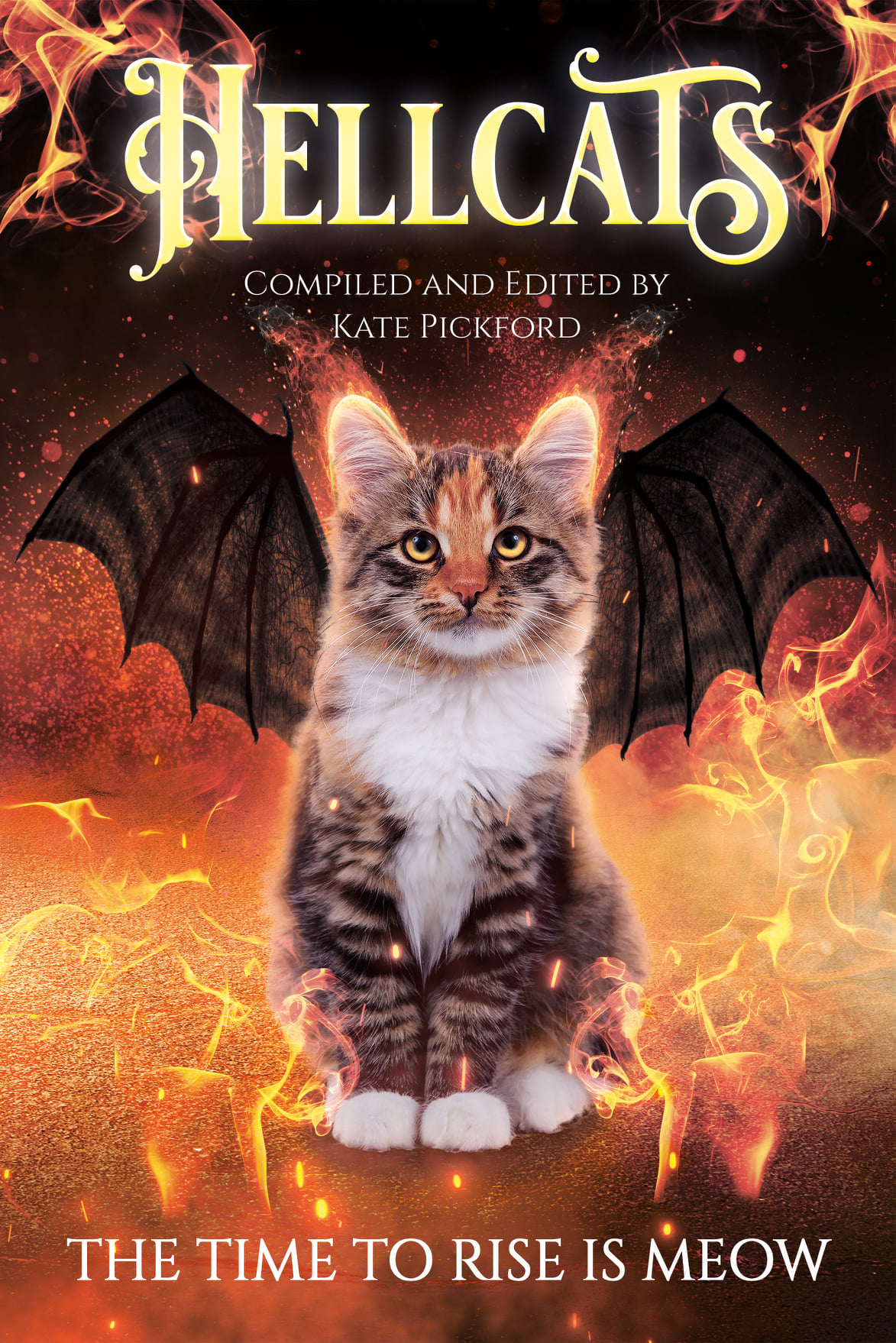Authors nationwide (and beyond) rejoiced when Tate Publishing (which hilariously only has ten likes on its Facebook Page) announced it was closing. Yet the devastation Tate left in its path is no laughing matter.
But Tate wasn’t the only publisher that authors need to watch out for.
I teach at 8-12 writers conferences per year, and I interact with a lot of publishers. Some of them are classy, professional, and really know what they’re doing. Others feel slimy, salesy, and shifty to me. Others just seem inept.

Most people have a sense for discerning when something is shady, but a lot of people can’t tell whether or not a publisher can produce quality work.
In my time at dozens of writers conferences over the years, I’ve identified a few red flags that could (but don’t always) signify that a publisher is inept or incapable of helping authors and their stories reach their full potential.
1. It’s a small operation.
Bigger publishers typically produce better work. More minds, organized and properly directed, usually produce better outcomes than a one- or two-man show.
If the publisher only has one editor and one cover designer, and they’re the same person, or the editor and the marketing person are the same, then that’s either an incredibly talented person or they’re not truly great at either skill. (Sure, there could be some middle ground, here.)
So who’s doing the typesetting? Who’s handling the contracts? Who’s handling the royalty calculations, and who’s writing the checks? Is it all the same person?
If you’re their only author, then maybe that’s doable, but as a point of reference, I’ve independently published two books, scored high in math in school, and I still don’t do my own accounting/bookkeeping. I don’t have time for it, and I prefer to specialize in other areas (more on that later).
2. They’re cheap.
If a publisher isn’t willing to invest in you, why would you invest in them? I’m a big believer that in life, “you get what you pay for.” And if a publisher won’t shell out or otherwise provide excellent production value for your work, why are you even talking to them in the first place?
To use another platitude, “the proof is in the pudding.” Look at what they’ve produced thus far. If their already-published books* have significant errors in them (excessive typos, continuity issues, misspellings, or other editing problems) or their covers suck, then you can pretty well assume this red flag is significant enough to give you pause.
3. They’re fine with mediocre book covers.
Anyone who tells you that the book cover doesn’t matter as much as the story is either lying, misinformed, or delusional. Your book cover is the single most important marketing investment that you or a publisher can make for your book, because it’s what hooks the reader (or doesn’t) first.
If you want your book to sell, you need an excellent book cover.
4. They don’t have any connections.
A monkey with an iPad could learn to upload your book to Amazon, Smashwords, and other online retailers, so why are you giving up 40-60% of your royalties to a publisher who can’t get your work into bookstores? (Especially when that monkey needs a job and has kids to feed?)

I’m not knocking ebook-only publishers. Some of them are fantastic, and certainly some of them have other valuable connections beyond basic uploads to online retailers.
More-established publishers have relationships with bloggers, media, and review websites who can help get the word out to their audiences about your book. They may even have connections to conferences or conventions or TV shows where they could help you land a speaking engagement or set you up with a booth to promote your work.
5. They’re disorganized.
Our then-parent company helped us publish our first issue in early 2012 with the understanding that they would pay the authors we had acquired according to the contracts the authors had signed with us. A month passed, and the authors didn’t get paid. They told me that everyone would get paid eventually.
Then two months passed. Then three. Four. Five…
Nine months later, I personally paid the authors of Splickety’s first issue (to the tune of a whopping $150 or so) because the publishing company wasn’t paying them. Within another month, I negotiated to assume the ownership and financial responsibility of Splickety Magazine, which later became Splickety Publishing Group (and we now publish three flash fiction magazines that you can subscribe to FOR FREE instead of just one).
This is an extreme example, but it illustrates the principle well: if a company can’t meet its obligations to its authors in a timely fashion, they’re probably pretty disorganized—not to mention ridiculous. (If you can’t find a way to pay fifteen authors a grand total of $150 over a 9-month period of time, you just shouldn’t be in business.)

6. Their acquisitions approach is skewed.
Pop quiz – What’s more important to a publisher: making money or publishing quality books? If you guessed both, you’re right.
Sometimes.
The big New York publishers are just as guilty of producing some of the poorest dreck ever printed as they are of publishing the world’s all-time bestselling authors and their books. The same holds true for small and medium-sized publishers and for indie authors who self-publish.
The biggest red flag over inept publishers is how they approach acquisitions.
In dozens of conferences, I’ve seen a wide range of acquisitions approaches. They’ve ranged from on-the-spot giveaways of contracts, to contracts awarded as prizes (sometimes provisional, sometimes not), to standard sit-and-pitch meetings that sometimes yield contracts and sometimes yield rejections, and much, much more.
Usually, the publishers who ask nearly every author to submit their manuscript, regardless of the genre, the writing skill, the level of editing needed, or the author’s platform are the inept and/or sharky publishers.
By contrast, other publishers have told me not to submit because what I had to offer didn’t fit into what they were looking for at that time.
Publishers who take everything generally don’t know how to market anything.
“But what about the big New York houses? They publish all sorts of stuff.”
You’re absolutely right, theoretical blog post critic. They do publish all sorts of stuff. And that’s because they’re gigantic companies with hundreds or thousands of employees at dozens of affiliate publishing houses or divisions within the company who are trained and have experience working with specific types of books.

Who WOULDN’T read this book?
Big companies are big because their employees specialize in only a few areas. They succeed because they specialize and because they can afford to specialize. If a publisher is willing to take anything, they don’t specialize in anything except trying to line their own pockets.
Publishers who take this sort of shotgun approach have a business model that essentially says, “acquire a lot, publish a lot, make money on what sells, repeat.”
Nowhere in there do you see any concern or mention of helping to produce great quality publications. Think it through: the people running these companies need to make money to live, right? So publishing more books will reach more audiences. More books means more sales opportunities, more sales opportunities means more sales, and more sales means more money.
The publisher puts books out there, regardless of the quality, makes whatever money it can off of its 40-60% of the royalties, and lets the author do all the work. Since the publisher has multiple books out there, they don’t care about the quality. They only care about putting more out there.
This business model only works with a high volume of acquisitions.





Sounds right. I’m currently doubting my publisher because she’s been now late on returning edits to me two months (and two emails of excuses). She also asked me to change the name of the main character, which I did — grudgingly. Now she’s telling me to change it AGAIN mostly based on some nonsense related to her personal relationship with someone of the same name. I’m not sure how much I’m supposed to bend on this, but I’ve asked my agent and I’m kind of… anxious now.
Hey Shan,
It might be time to run the other direction. Have your agent bring out the attack dogs and force some answers. Check your contract to see if there’s an “out” for you if it gets to it.